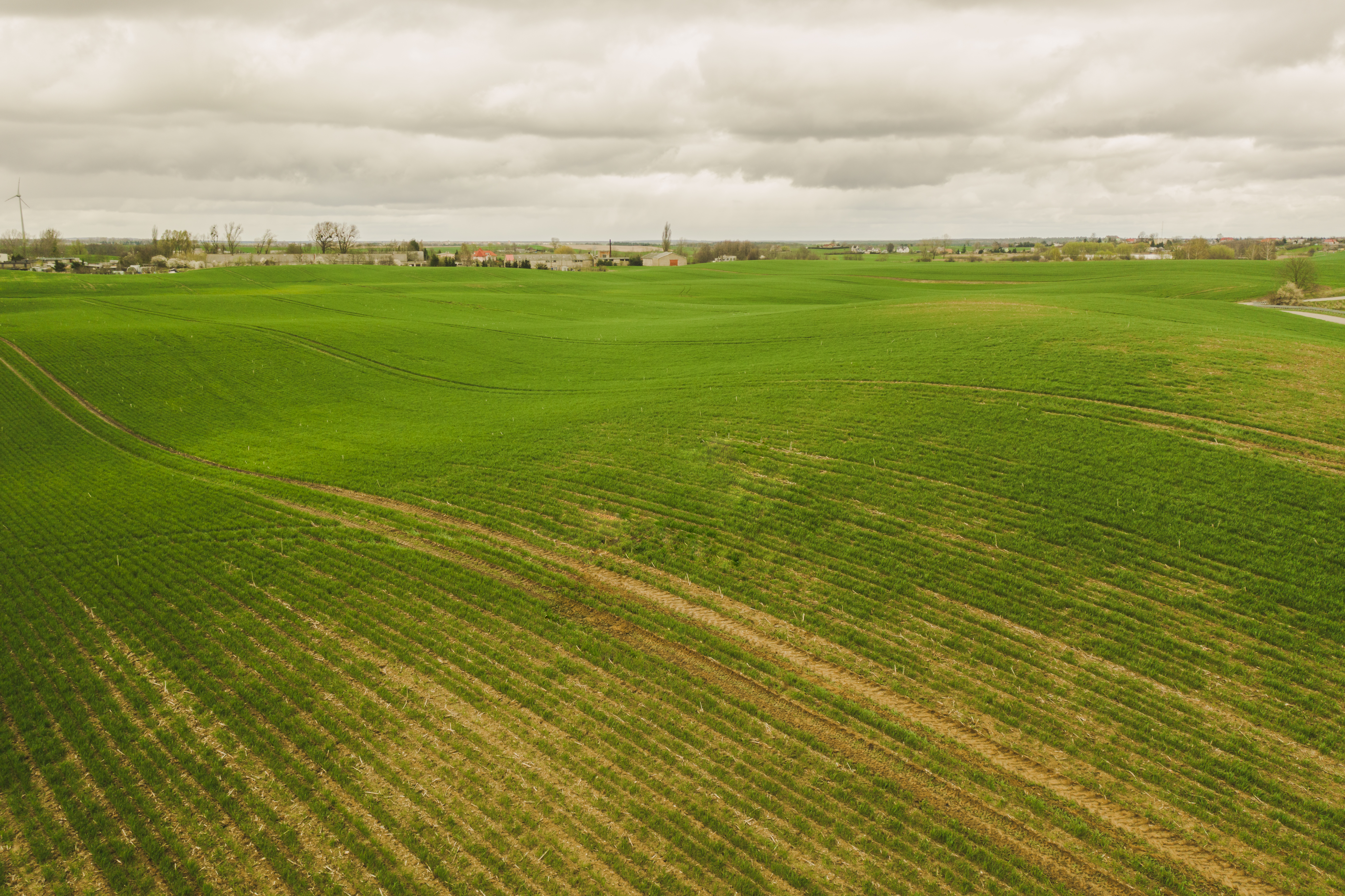- The farmland, which is located in Ukraine’s western and central regions, will be transformed into regeneratively farmed land, then certified as soil-based carbon credits
- Ukraine is the breadbasket of Europe, producing one of the highest wheat yields in the world – but deep tillage and poor soil management has left its farmlands in a heavily degraded state
- Because of the poor state of Ukraine’s agricultural land, a shift to regenerative agriculture has immense carbon sequestration potential
- According to preliminary estimates, the amount of carbon that can potentially accumulate in the soils of Ukraine is 757.7 million tons
European climate tech, HeavyFinance, has signed 300,000 hectares of farmland in western and central Ukraine to its carbon farming programme, for a shift over to regenerative agriculture. Once farming practices across this extensive area have been shifted over to nature-based, sustainable and regenerative methods, the farming land will be certified for soil-based carbon credits.
The 300,000 hectare space – which is equivalent in size to 741,000 football pitches – has been selected because of its carbon sequestration potential, once it switches over to a regeneratively farmed approach. The farming land has produced to date, and will continue to produce a mixture of arable crops including wheat, barley and corn.
With its’ chernozem soil, also referred to as black soil, Ukraine provides one of the highest wheat yields in the world. But, deep tillage has been a popular soil management practice in Ukraine for the past 50 years, contributing to extreme soil degradation, humus layer quality and depth, and organic carbon oxidation.
Because of land degradation combined with the vast potential of chernozem soil, 757.7 million tonnes of CO2 emissions can be removed, if regenerative practices are applied across the country’s entire agricultural estate. This is equivalent to the total annual carbon output of Germany.
HeavyFinance, which works with farmers to certify the amount of carbon sequestered in their land and provides loans to farmers and agri-businesses to shift over to regenerative agriculture, is partnering with Ukrainian agricultural company Agsolco and its’ programme Carbon Credit Ukraine to enable the nature-based shift. It is the only company in Europe conducting on-field soil carbon measurement with the pre-sampling of more than 3000 samples in Ukraine planned in July. Currently, HeavyFinance is set to generate over 1 million verified soil carbon credits under Verra’s methodology VM0042 volume 2 across Europe by the end of 2025.
HeavyFinance has already enrolled around 250.000 hectares of farmland to regenerative agriculture across Europe, including in Bulgaria, Latvia, Lithuania, Poland and Portugal. This programme will more than double the area covered by HeavyFinance’s Carbon Farming Programme.
HeavyFinance works with farmers to apply advanced carbon measuring methods in soil, like satellite data and laboratory samples together with insights from international agronomists to certify the amount of carbon sequestered in their land. Carbon credits represent tonnes of emissions either removed from the atmosphere or avoided, which companies and countries buy to contribute to their climate contribution strategy.
“We tactically chose several key markets aiming for deep market penetration accelerated by localised educational programmes and consultations from prominent agronomists and soil scientists. To improve their soil along with storing more carbon, agricultural entrepreneurs need smart financial support that comes with laboratory soil sample analysis, insights and guidance to add new regenerative farming practices to the existing mix,” explains Laimonas Noreika, CEO and co-founder of HeavyFinance.
This new partnership aims to enrol 500,000 hectares in Ukraine by the end of 2024.
“It is an exciting opportunity for local farmers to participate in the carbon farming programme. Many farmers already started their journey towards regenerative agriculture so this is a great opportunity to acknowledge their contribution to climate change and accelerate further implementation of sustainable farming practices,” commented Roman Osadchiy, CEO of Agsolco Ukraine.
With the base layer of carbon content in soil measured in laboratories along with the use of satellite data, the companies are expecting the first credit issuance in the third quarter of 2025.
HeavyFinance recently announced the raising of a €50 million debt capital fund with a €20 million commitment in funding from the European Investment Fund (EIF) to aid the transition of European farmers to regenerative practices.

